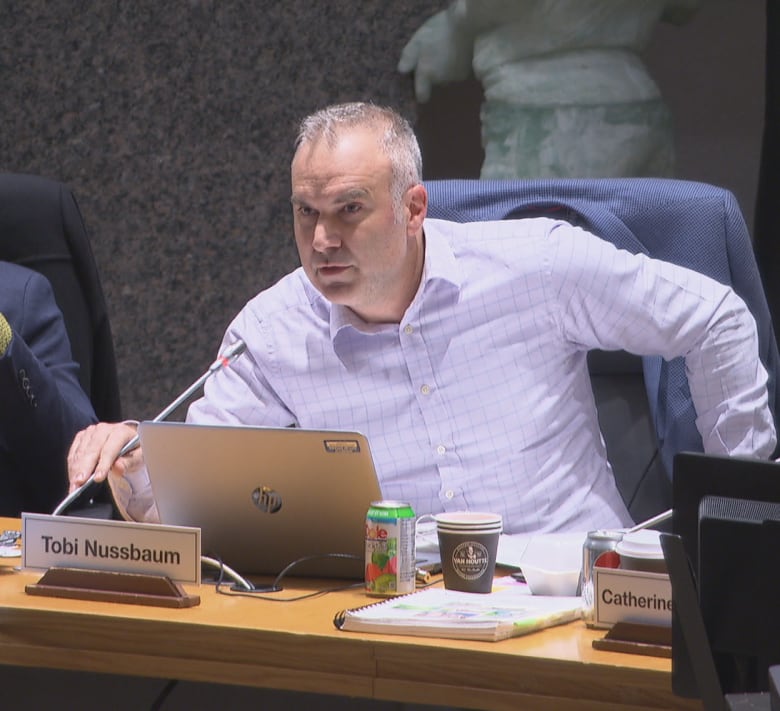Overbrook community leaders confident in their plan to prevent violent crime
Offer reassurances days after Thursday's running gun battle
Despite a brazen afternoon shootout last Thursday, community leaders in Overbrook are confident they're making progress in their efforts to tackle violent crime.
"It is disappointing whenever you hear about a shooting, but I do think we are better positioned than a lot of other neighbourhoods," said Rawlson King, president of the Overbrook Community Association.
"We actually feel that we're making a tremendous amount of progress."
Those reassurances come just days after a running gun battle rattled the neighbourhood last Thursday.
Ottawa police received multiple calls about two men shooting at each other while running through the area around Prince Albert Street and Edith Avenue.
RCMP officers arrested one of the suspects, but the other managed to escape. Although no one was injured in the shootout, police said two vehicles were struck by bullets.
Crime top of mind
Having lived in Overbrook for 14 years, King knows crime is top of mind for many in his community.
Citing estimates provided by Ottawa police, King said the neighbourhood has some of the highest youth crime rates in the city, accounting for roughly 60 per cent of all crime in the area.
"A lot of people will say [we need] more boots on the ground with the police and more arrests, but the reality is the kids are our potential," he said.
While Overbrook has long been associated with criminal activity, less attention has been paid to addressing the underlying causes, King said.
Half of the youth living in the neighbourhood's social housing units live in poverty, King said.
"The police need resources, but ... we also need greater investments in social resources to address the root of the problem," he said.
Ward youth strategy
That argument isn't lost on Rideau-Rockliffe Coun. Tobi Nussbaum, who represents the neighbourhood on city council.
"A lot of that is about ensuring that we are a community that looks after young people, that provides opportunities, that makes sure people have choices to do things that are productive," he said.
Along with Ottawa police and other community groups, Nussbaum and King have been working to find new ways to help neighbourhood youth — especially young men — steer clear of gang activity.

After two years of consultations, community leaders are on the cusp of unveiling a ward youth strategy, designed to give young people in the neighbourhood greater access to job and training opportunities as well as safe recreational activities.
"We're hopeful that these types of programs — while admittedly not dealing with specific incidents like what happened on Thursday afternoon — do provide a bit of a safety net," Nussbaum said.
Wider prevention strategy
For King, the importance of an effective youth strategy is obvious.
"We know that if we can keep kids in school and keep them productive, then they most likely will not get involved in petty street crime, which gets them involved in the criminal justice system," he said.
The strategy is just the latest addition to community leaders' efforts to prevent further crime in the neighbourhood.
Five years ago, the community association spearheaded a push to launch more neighbourhood watches. As a result, Overbrook now has some of the most active and effective watches in the city, King said.
It's that kind of trust and community engagement that makes it easier for police to crack down on suspects involved in the drug trade and other criminal activity, King said.
"Police can come in, move efficiently and effectively, and actually start to address problems," he said. "It really does pay off."